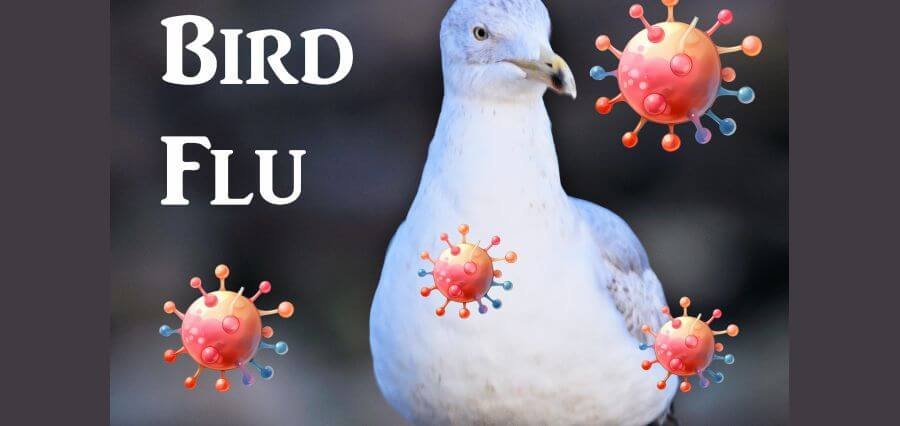Prime Highlights:
Nevada has confirmed its first human case of bird flu in a farm worker who was exposed to infected dairy cattle.
The case involves the H5N1 virus, which has been linked to reduced milk production in cattle and has caused significant losses in poultry, raising egg prices.
Key Background:
Nevada has confirmed its first human case of bird flu in a farm worker who was exposed to infected dairy cattle. The Central Nevada Health District reported this on Monday, noting that the worker had contracted the virus after coming into contact with the affected animals. This case follows last week’s revelation that a second strain of the bird flu virus had been detected in dairy cows in the state.
The emergence of this case is part of a broader outbreak in the United States, which has affected nearly 70 people, primarily farm workers, since April. The H5N1 virus, which has been the primary strain causing infections, has not only impacted human health but has also significantly disrupted agriculture. Infected cattle have experienced reduced milk production, and millions of laying hens have been wiped out, resulting in rising egg prices across the country.
The Nevada worker, who is currently recovering, suffered from conjunctivitis, also known as pink eye, a symptom commonly associated with bird flu in humans. Despite this, the Central Nevada Health District emphasized that there is no evidence to suggest the virus is spreading from person to person. Furthermore, the U.S. Centers for Disease Control and Prevention (CDC) considers bird flu to be a low public health risk.
The U.S. Department of Agriculture recently reported that the D1.1 strain, the second variant identified in Nevada, had been found in dairy cattle. This strain had been prevalent among wild birds during the past fall and winter and has also been detected in poultry. Concerns about the outbreak were further heightened when one person in Louisiana died after being hospitalized with the D1.1 genotype, underscoring the potential severity of this evolving situation. As the virus continues to impact both livestock and human health, authorities are monitoring the situation closely to prevent further spread.










